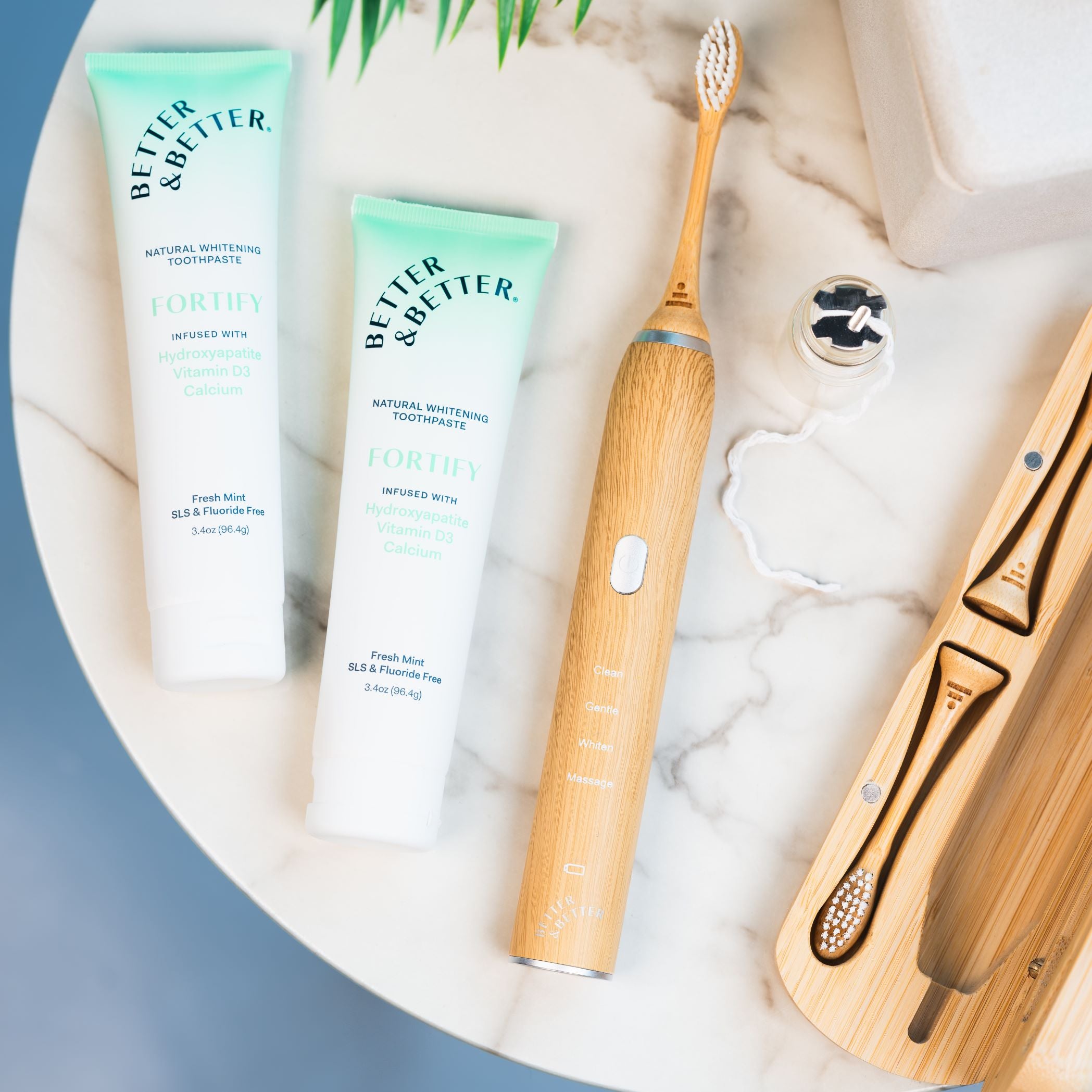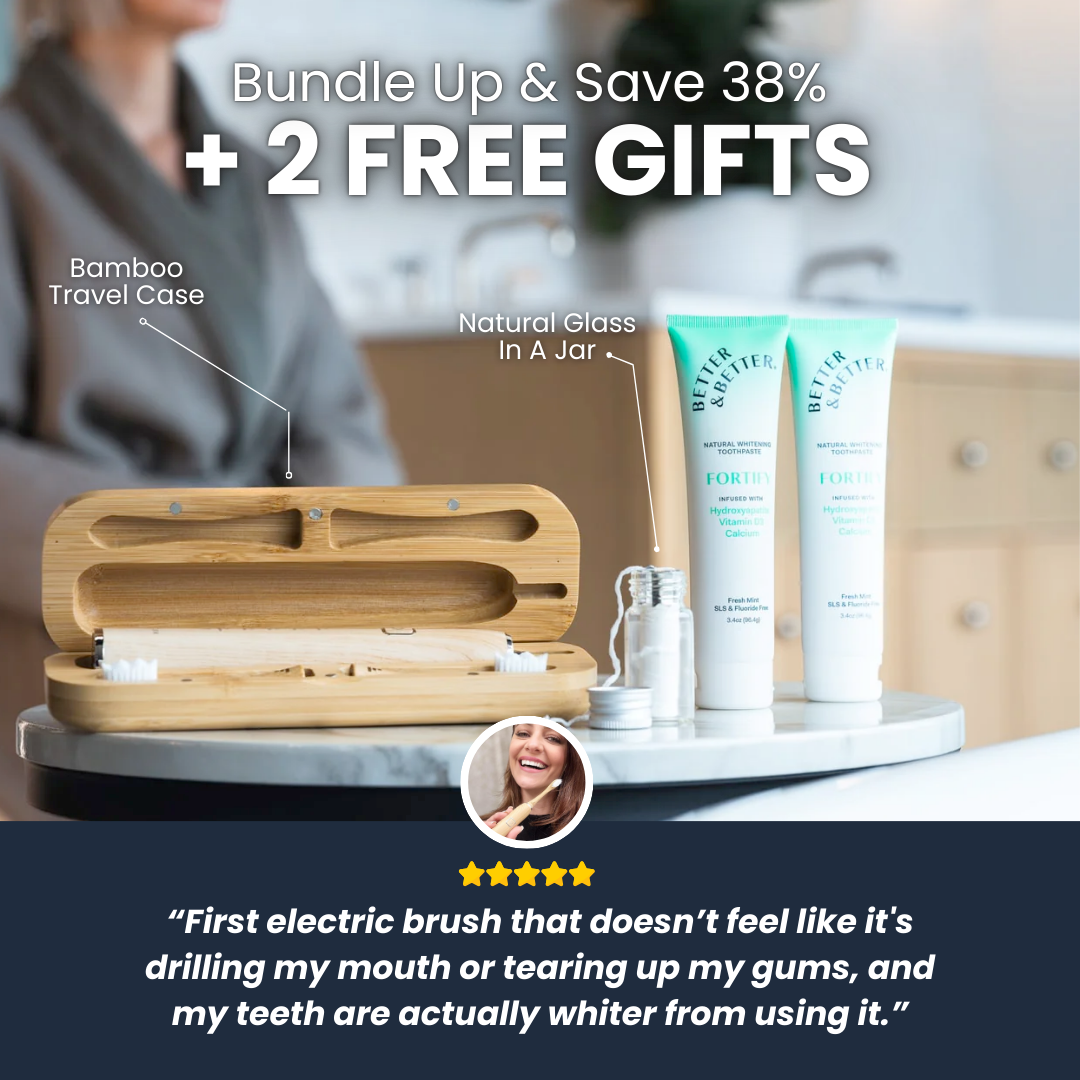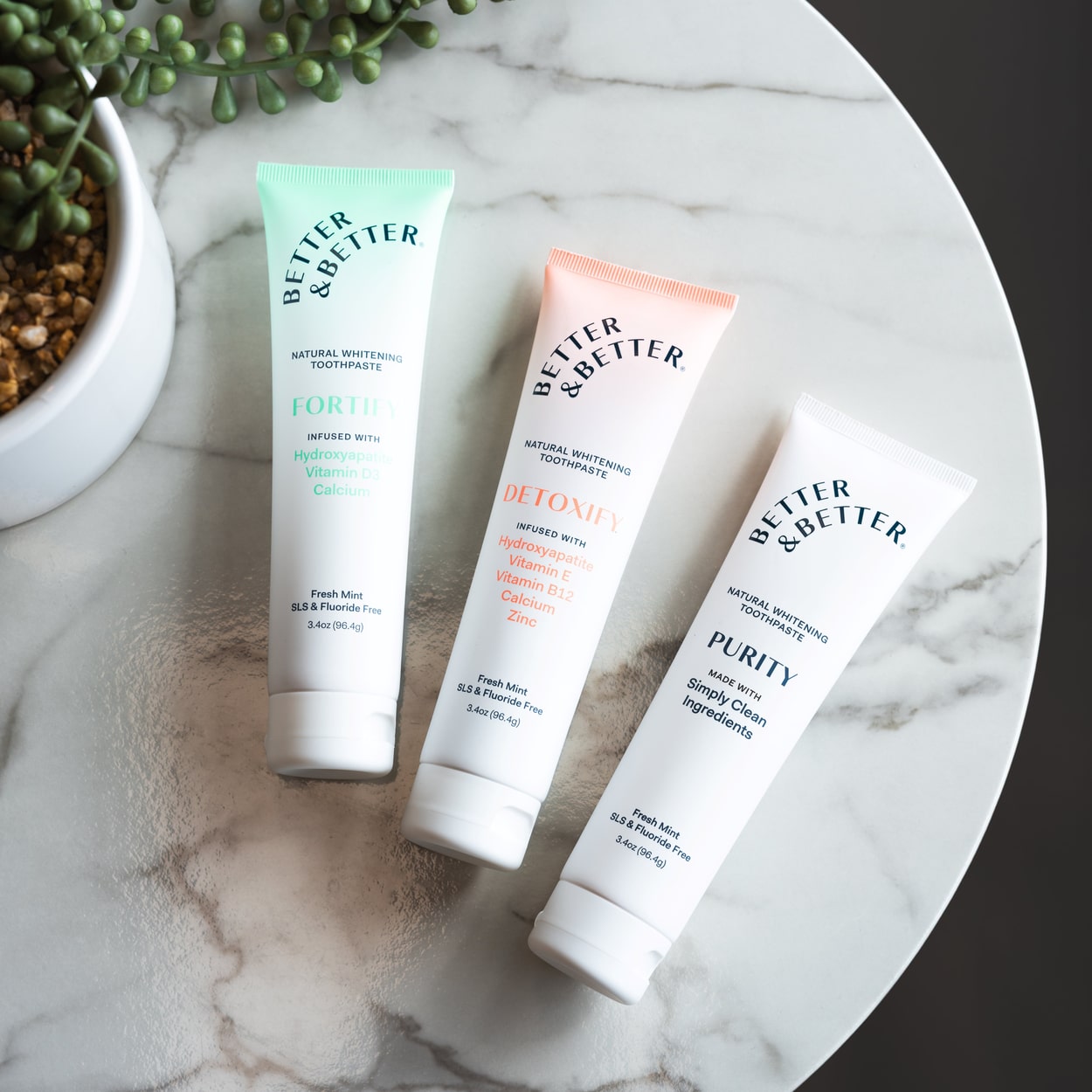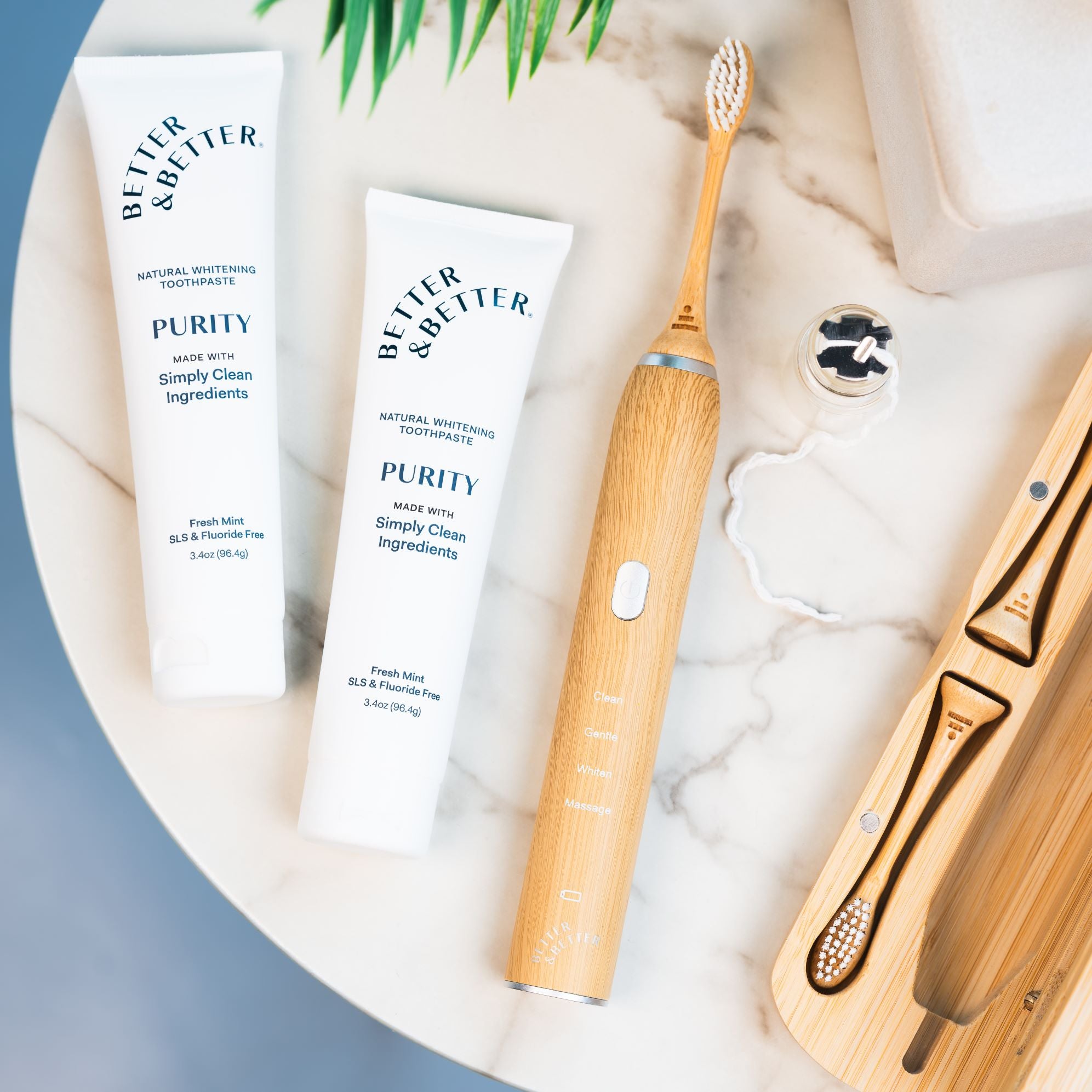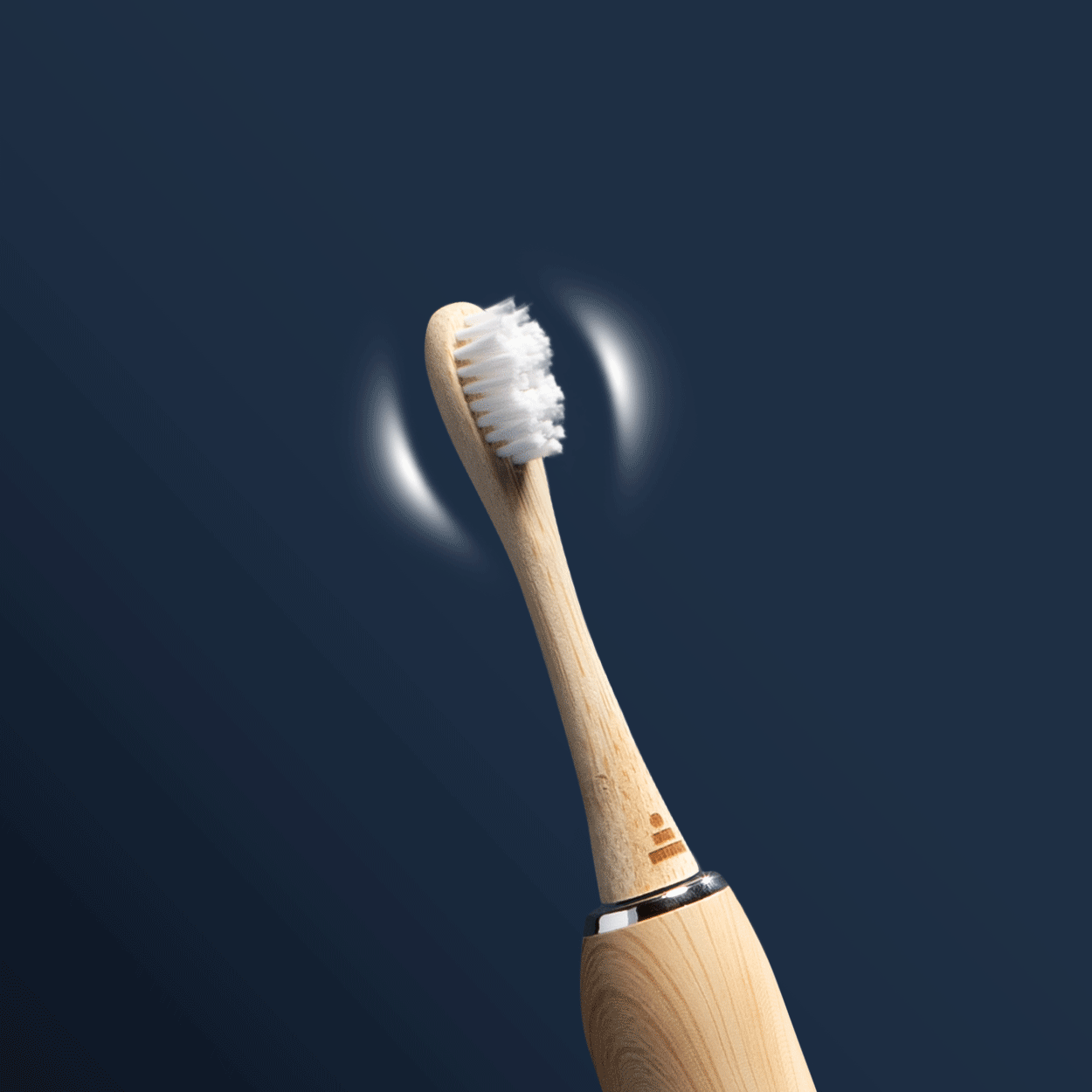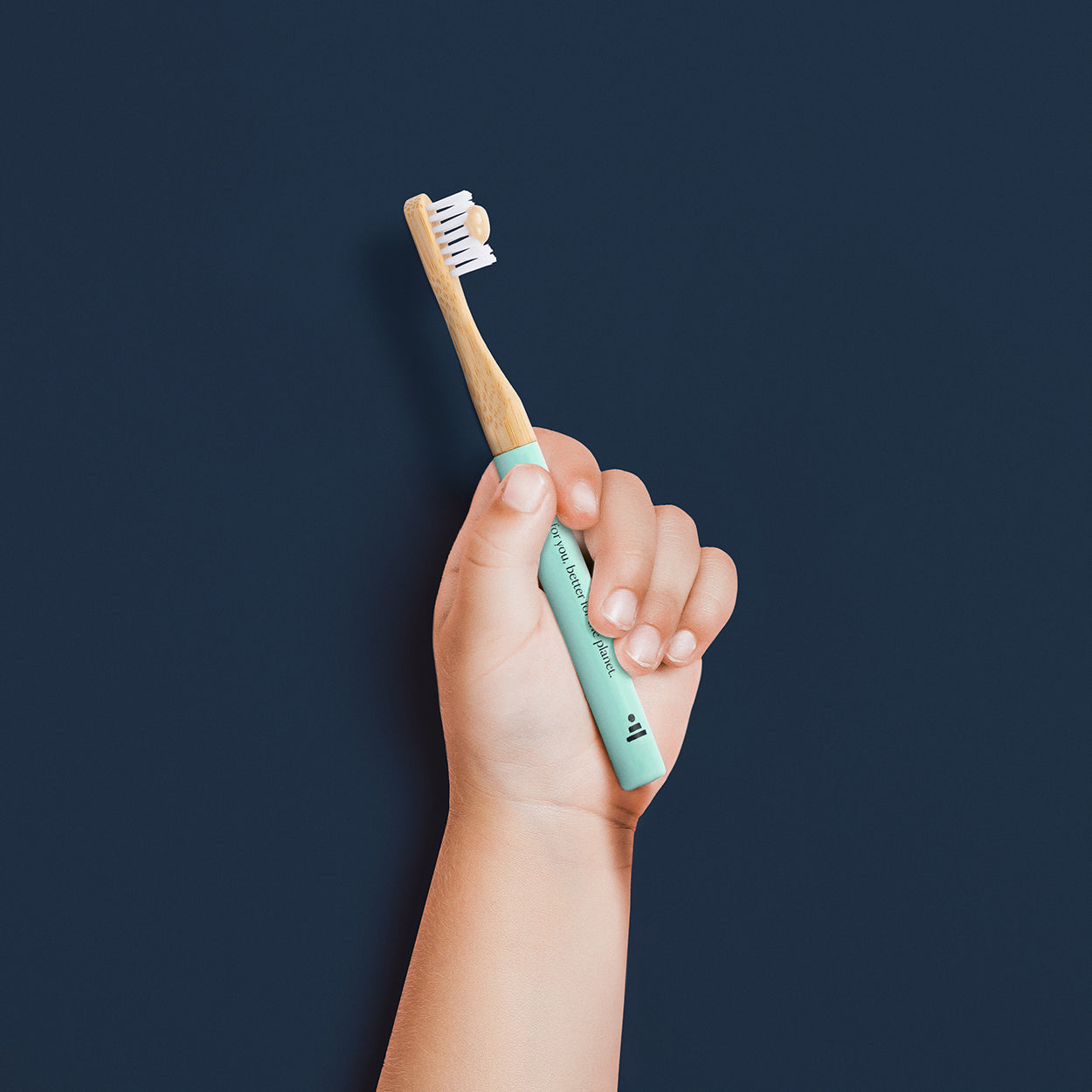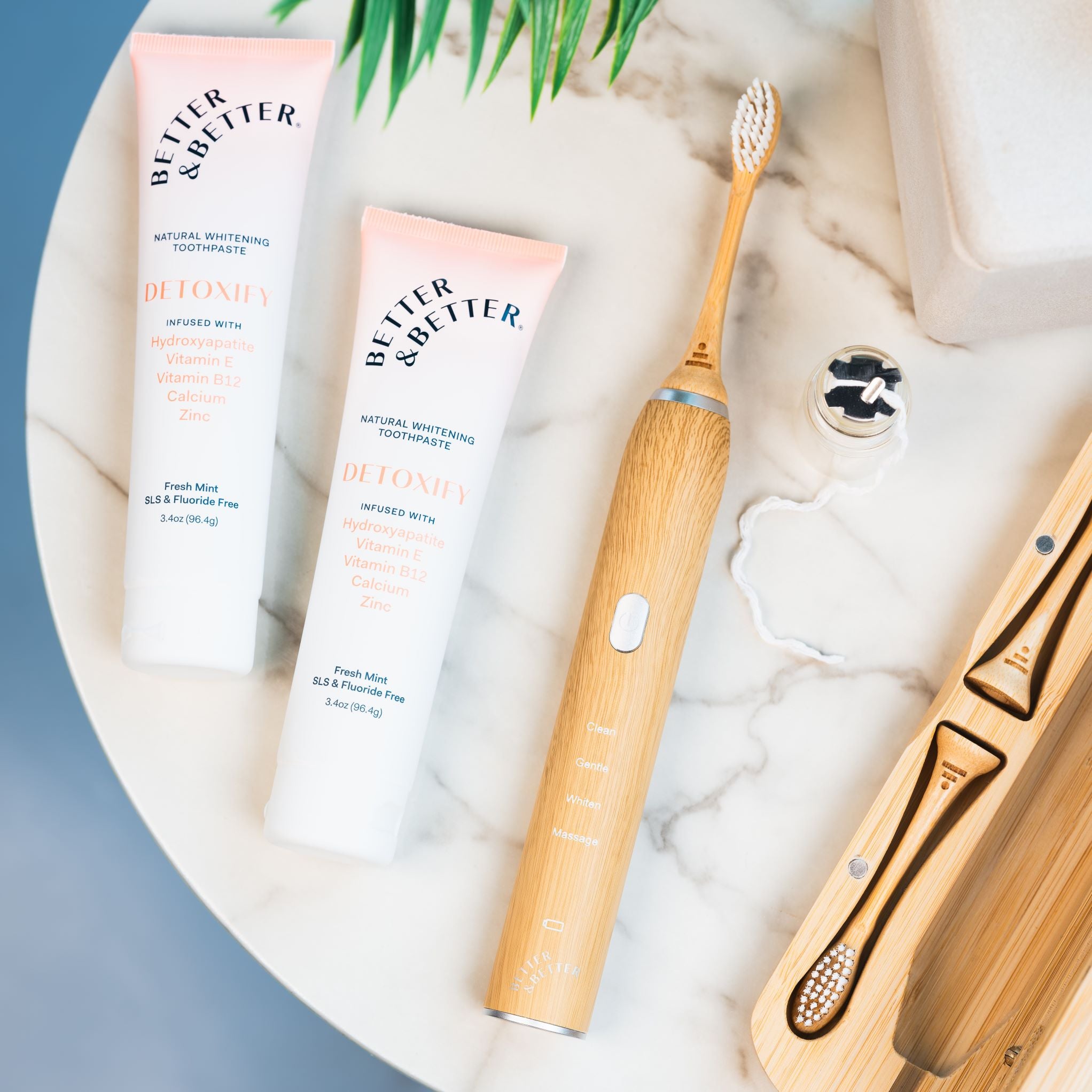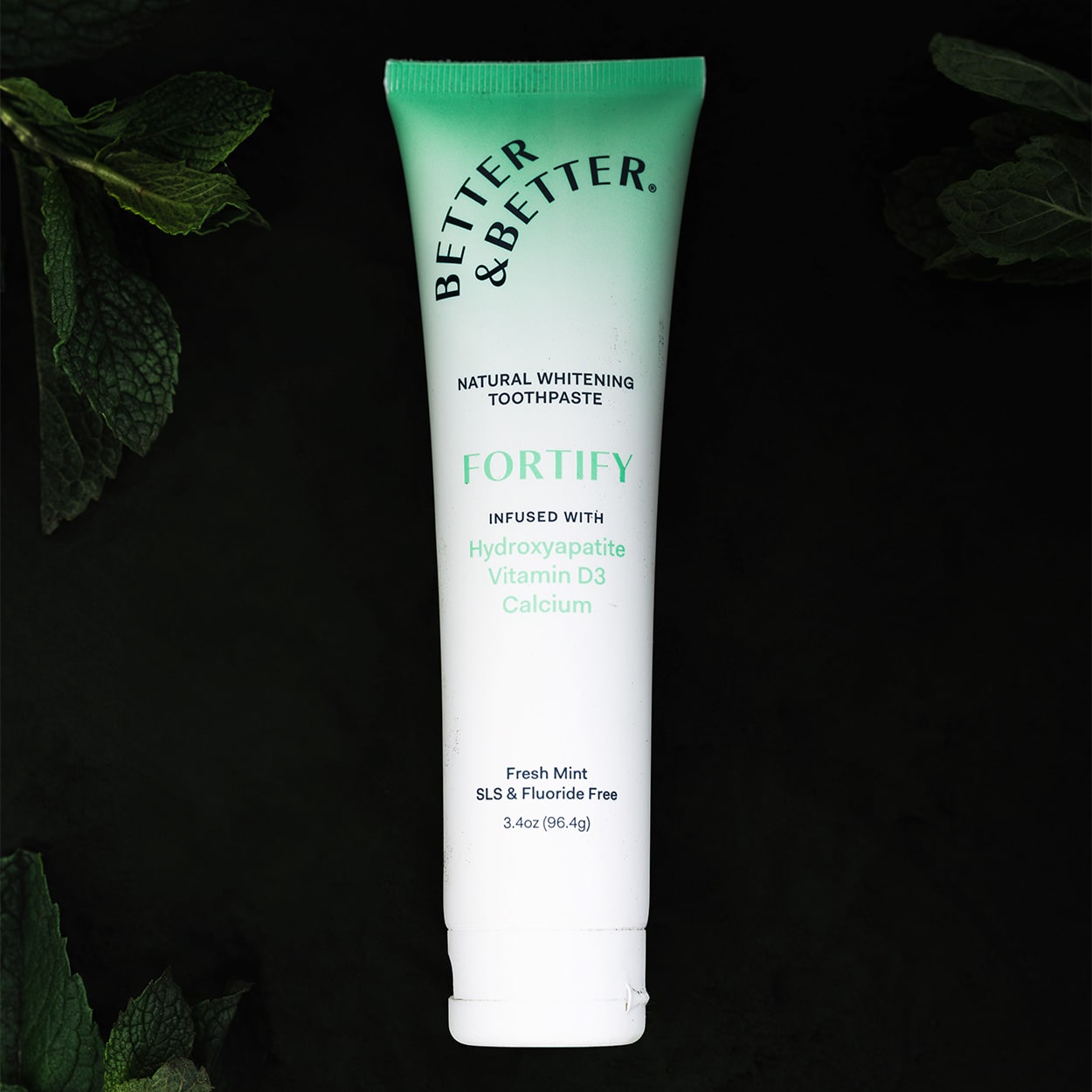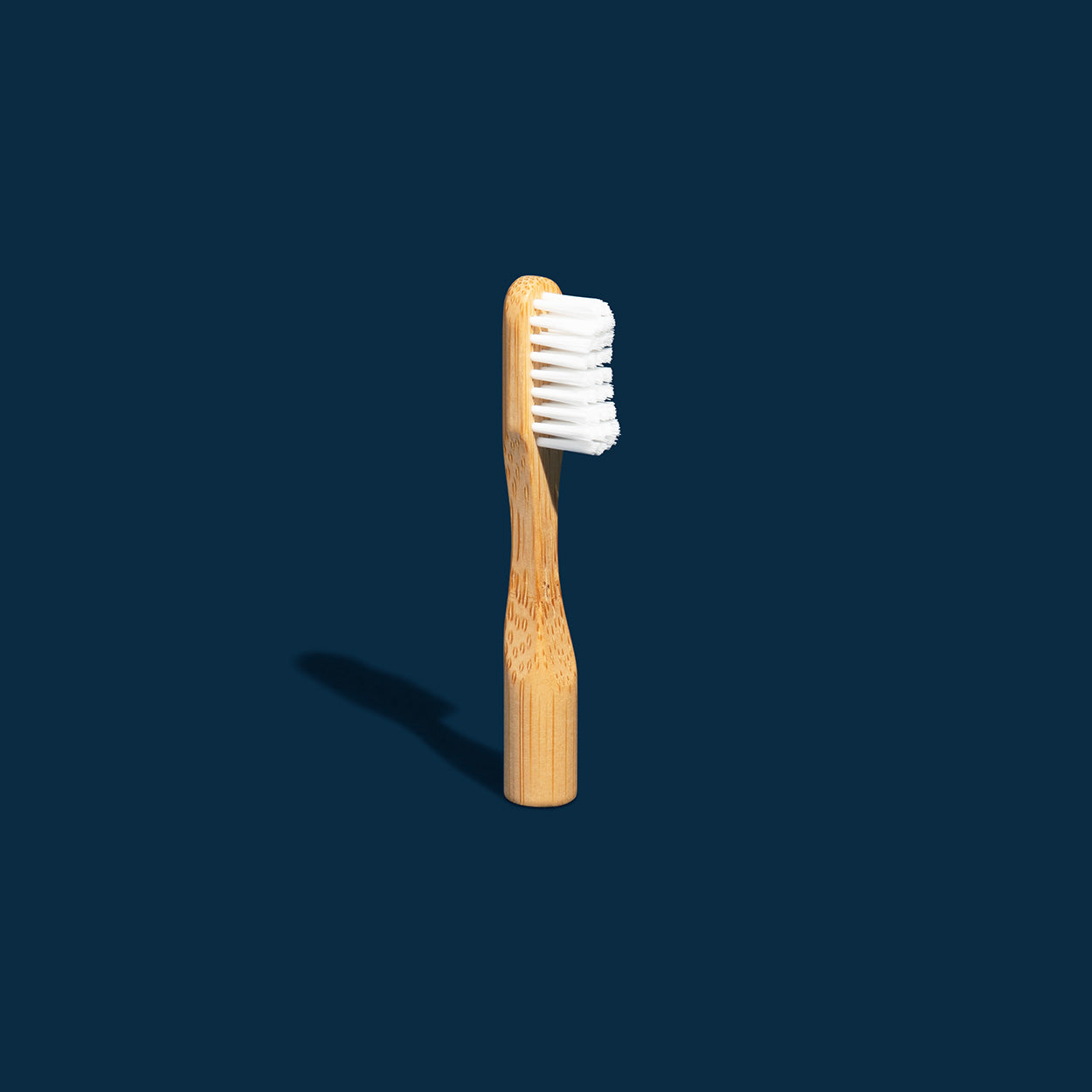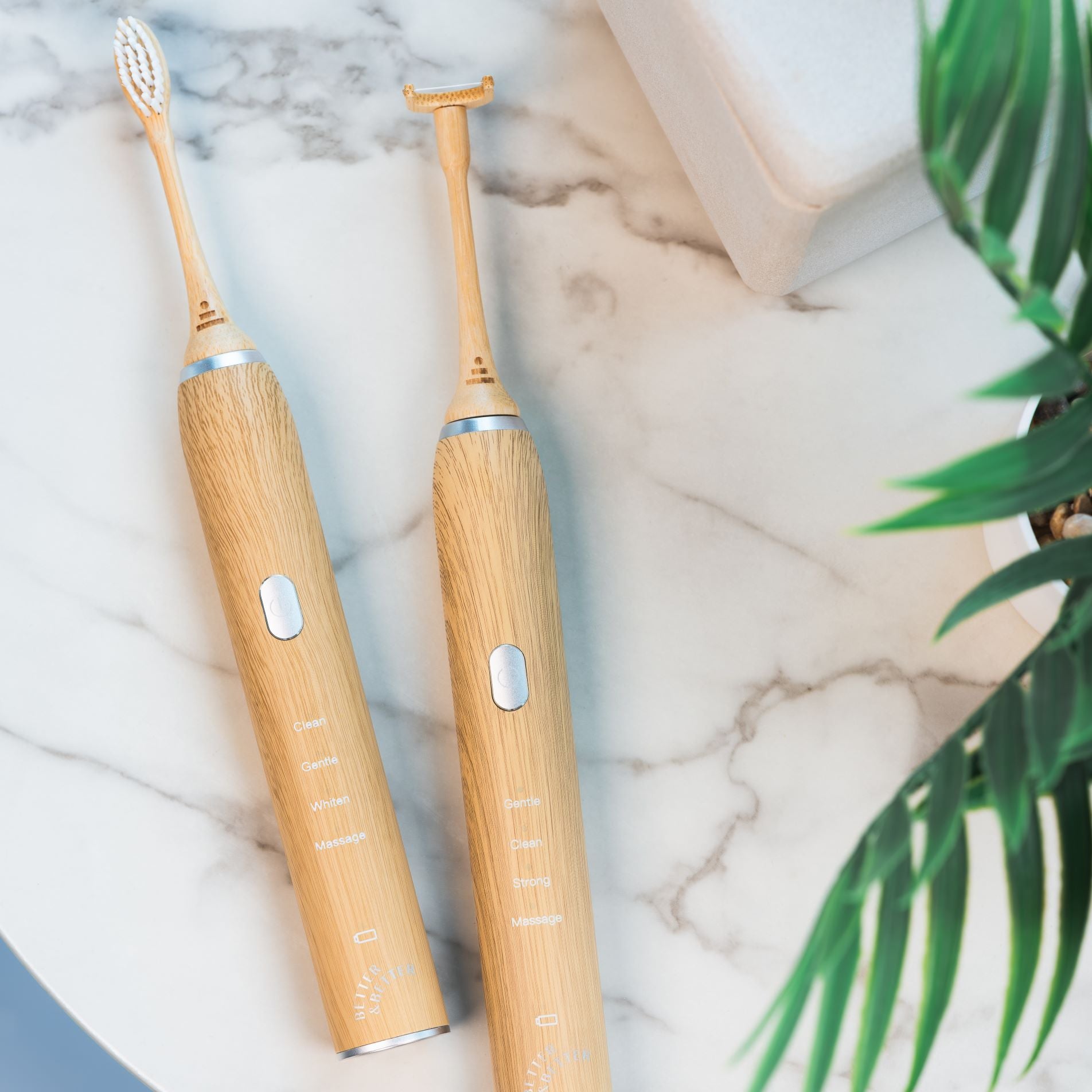Vitamin B12 supports healthy energy levels by converting food into ATP, a molecule that fuels your cells with energy. If your B12 levels are low, you may notice an increase in energy levels after increasing your B12 intake.
Feeling sluggish? You might think the answer is another cup of coffee or an extra 30 minutes of sleep. Those might give you a temporary boost, but if your energy levels are always low, you could be running low on something else: vitamin B12.
Vitamin B12 (also called methylcobalamin) isn’t a stimulant like caffeine. However, maintaining optimum B12 levels plays a key role in preventing you from feeling tired and weak. That’s easier said than done for some people, though.
So, how exactly does B12 give you energy? And more importantly, how can you make sure you’re getting enough of it?
Vitamin B12: The Basics
B12 is one of eight B-complex vitamins that does a lot of work for your body, like producing red blood cells, boosting your immune system, and protecting your nervous system. It also helps you metabolize the food you eat into glucose, which gives you energy.
Humans don’t produce vitamin B12 on their own, so we need to get it from outside sources. B12 is found naturally in animal products like meat, fish, poultry, and dairy products. It can also be taken as a dietary supplement or added to certain foods like fortified breakfast cereals and nutritional yeasts.
When B12 is in your system it binds to the food you eat. Then the acids in your gastrointestinal tract “unbind” the vitamin so it can be metabolized into your bloodstream where it works its magic.
Does Vitamin B12 Give You Energy?
Getting the recommended amount of vitamin B12 every day can support your body's energy levels. B12 helps convert the food you eat into glucose, which gives you energy.
If you have enough vitamin B12 in your system, increasing your intake probably won't supply a jolt of energy like you'd get from a cup of coffee or an energy drink. Remember, it's a nutrient, not a stimulant.
On the other hand, a shortage of B12 makes it difficult for your body to convert food into energy.
So if you’re low on B12 and you finally get your levels up to normal, you might feel more energized and alert.
Think of your B12 levels like your phone’s battery: your phone functions the same at 99% as it does at 79%, but once it dips into single digits it goes into “power saver mode” and eventually shuts down. Getting the right amount of vitamin B12 daily is like having your phone plugged in around the clock.
Of course, we don’t have a handy icon to monitor our vitamin B12 levels. So how do you know if you’re running low?
How Long Does It Take for B12 to Work?
You may start feeling the effects of vitamin B12 within 3-4 weeks of taking a supplement consistently. However, if you have a severe B12 deficiency it can take six months or more to fully correct it.
This study from 2017 determined that vegans fully replenished their B12 levels after 12 weeks of brushing with a B12-fortified toothpaste.
Some B12 supplements promise an instant energy boost. But that’s often because they’re packed with artificial stimulants. B12 isn’t producing these on-demand results.
Do You Have a Vitamin B12 Deficiency?
It’s tough to know exactly how many people are B12 deficient since you need a blood test to get exact results. But certain groups of people may be at higher risk, including:
- People who follow vegetarian or vegan diets: Since B12 is derived primarily from animal products, it can be difficult to get enough from plant-based food sources alone. In a University of Oxford study, researchers found that more than half of vegans were B12 deficient.
- Pregnant women: B12 levels may decline during pregnancy, according to a 2017 study. (Here's a complete guide to oral care during pregnancy).
- People with digestive conditions: Celiac disease and Crohn’s disease can impede B12 absorption
- Older adults: It’s estimated that 20% of adults 60 and older are B12 deficient
One of the most common (and serious) conditions associated with B12 deficiency is a blood disorder called megaloblastic anemia. This develops when your body doesn’t make enough red blood cells, which can lead to chronic fatigue, tingling sensations, vision problems, and mental changes like brain fog.
How Much B12 Do You Need?
Here’s a quick breakdown of how many micrograms (mcg) of B12 you should aim to get every day, according to the National Institutes of Health:
- Adults 18 and older: 2.4 mcg
- Pregnant women: 2.6 mcg
- Breastfeeding women: 2.8 mcg
B12 is a water-soluble vitamin (meaning your body flushes out any excess) so you won’t need to worry about getting too much of it.
How to Get Your Daily Dose of B12
The most common way to get B12 is by consuming animal products. But if you fall into any of the categories we mentioned earlier (or you just want to be extra sure you’re getting enough), a vitamin B12 supplement might be right for you.
Whether you’re browsing the internet or your local store, you’ll find a lot of supplements that contain crazy amounts of B12, like 1000% of your daily intake. Unfortunately, your body isn’t very good at absorbing nutrients from capsules and pills since they often break down before entering your bloodstream. (Not to mention up to 40% of adults have a hard time swallowing pills).
An easier, more efficient way to get B12 is sublingually, or under the tongue. Your mouth is full of capillaries that absorb nutrients straight into your bloodstream, bypassing the digestive system altogether. In fact, your mouth absorbs 90% of what it comes in contact with.
You can take sublingual B12 tablets, but why add something new to your routine when you can get B12 during your daily habits like brushing your teeth? Better & Better’s Energy Toothpaste delivers 100% of your recommended daily dose of B12 (when you brush twice daily). It’s also 100% vegan so you can stick to your dietary preferences without worrying about vitamin deficiencies.
Boost Your Brushing Habit
B12 may be a “micro” nutrient, but it plays a big role in energy production and lays the foundation for overall wellness. Something that important shouldn’t be an afterthought. That’s why we added vitamins B12 and D3 to our toothpaste to make healthy habits even healthier.
Now when you brush your teeth, you won’t forget to take your vitamins.



